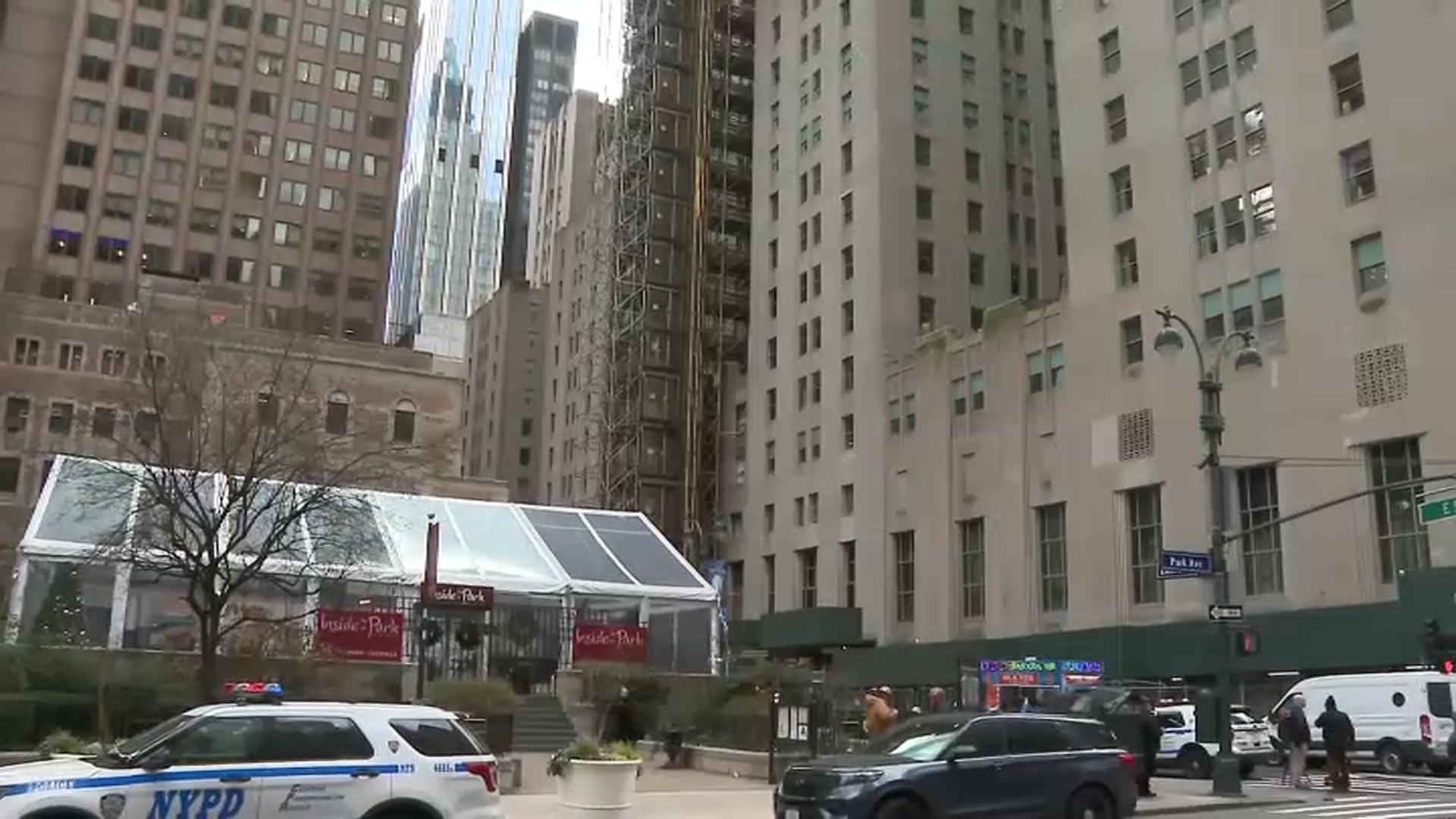Paroled U.S. activist Lori Berenson said Saturday that she and her toddler son were not permitted to leave Peru, despite being granted permission in court to spend the holidays in New York with her family.
Berenson did not provide more of an explanation in a brief phone call with The Associated Press.
Lori Berenson was paroled last year after serving 15 years for aiding leftist rebels, but she cannot leave Peru permanently until her sentence ends in 2015.
Her father told the AP on Friday he is "petrified" a negative local reaction to the New York visit could prevent the trip.
"My worry is that there's going to be screaming to stop this," he said. Some Peruvians consider her a terrorist, opposed her parole and have publicly insulted her on the street.
He said that as far as he knew, his 42-year-old daughter was still trying to buy a ticket for herself and son Salvador, who is 2 1/2.
"It's not going to be easy," he said. Flights are heavily booked and prices high at this time of year.
Local
Reached by the AP, Lori Berenson confirmed her court permission by a text message but added: "I am not speaking to the press."
She has been repeatedly hounded and mobbed by Peruvian news news media, which has occasionally frightened young Salvador. Last month, one TV channel obtained her new address and showed video of her home on television, her father said.
"It was very dangerous," he added. "The (U.S.) Embassy complained."
His daughter is separated from Salvador's father, Anibal Apari, whom she met in prison and who serves as her lawyer.
He also confirmed the court's approval of the New York trip to Peruvian TV reporters on Friday.
Mark Berenson, 69, said his daughter is looking forward to seeing relatives she hasn't met since her 20s, including his 96-year-old aunt.
Since her initial parole in May 2010, Lori Berenson repeatedly expressed regret for aiding the rebel Tupac Amaru Revolutionary Movement.
Arrested in 1995, the former MIT student was accused of helping the rebels plan an armed takeover of Congress, an attack that never happened.
A military court convicted her the following year and sentenced her to life in prison for sedition. But after intense U.S. government pressure, she was retried in civil courts in 2001 and sentenced to 20 years for terrorist collaboration.
Berenson was unrepentant at the time of her arrest, but softened during years of sometimes harsh prison conditions, eventually being praised as a model prisoner.
Yet she is viewed by many as a symbol of the 1980-2000 rebel conflict that claimed some 70,000 lives. The fanatical Maoist Shining Path movement did most of the killing, while Tupac Amaru was a lesser player.
Berenson has acknowledged helping the rebels rent a safe house, where authorities seized a cache of weapons. But she insists she didn't know guns were being stored there. She denies ever belonging to Tupac Amaru or engaging in violent acts.
In an interview with the AP last year, Berenson said she was deeply troubled at having become Peru's "face of terrorism."
Its most famous prisoner, she also became a politically convenient scapegoat, she said.



